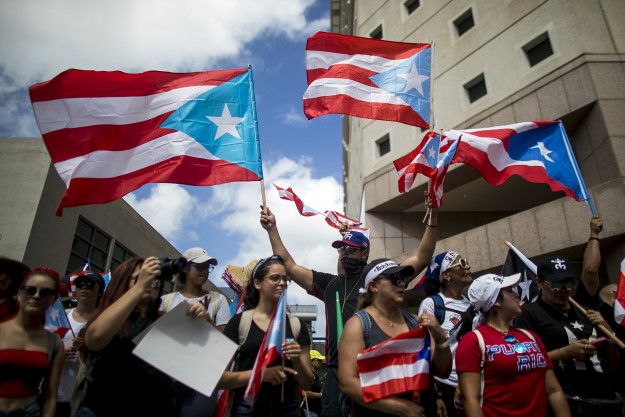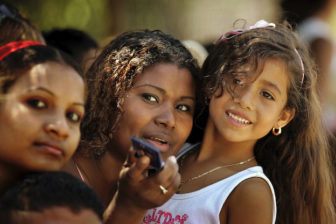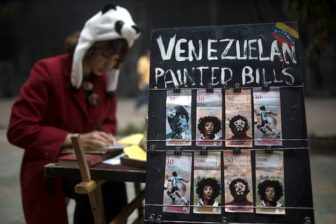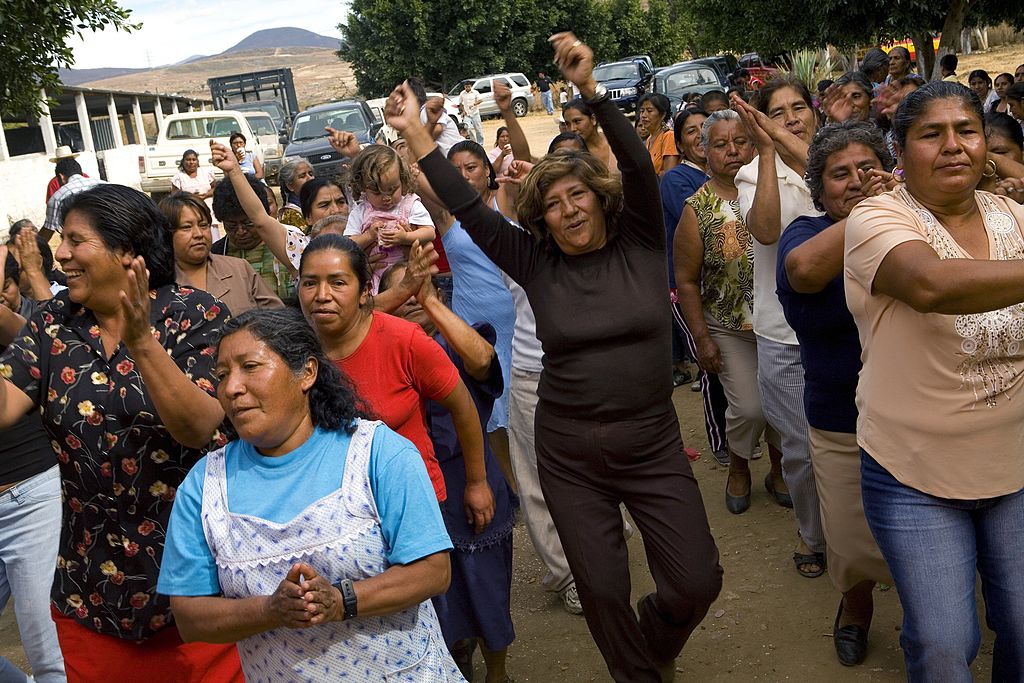No one is more surprised by the toppling of Puerto Rico’s governor, Ricardo Rosselló, than Puerto Ricans themselves.
The island has been marked by 526 years of colonialism, and unsuccessful revolts have taught Puerto Ricans that it is often easier to adapt than fight back. Eventually, as we like to say, las aguas vuelven a su cauce – and normalcy is restored.
This time, however, seems different. The month of July was rife with accusations of government corruption. This culminated with the federal indictments of the former education secretary, the former director of the agency in charge of Puerto Rico’s health insurance programs, and several private contractors.
The arrests, while newsworthy, were not surprising. Campaign and party supporters are often rewarded with lucrative government contracts that have not been subject to competition. Individuals from both pro-statehood and pro-commonwealth administrations have been found guilty in the past. Yet these arrests set the stage for what followed.
An online chat between the governor and 11 of his top advisors was leaked to the press. It is packed with vulgar, misogynistic, homophobic and conspiratorial remarks. It exhibits a tendency to bend the law, if not entirely break it. But more appallingly, it shows extreme callousness towards people that were traumatized by the aftermath of Hurricanes Irma and Maria.
Demands for Governor Rosselló’s resignation were fast and furious. Demonstrations paralyzed Puerto Rico for weeks, the largest one involving over one million people. Unlike past demonstrations, which have been led by the left or the religious right, these protests have been politically, economically, socially, racially and generationally diverse.
Puerto Ricans used to take pride in the robust middle class that grew out of Puerto Rico’s mid-century industrialization. Today the World Bank ranks the colony of Puerto Rico among the top countries with economic inequality, a measure of income gap between households. Forty-five percent of Puerto Rico’s people live under the poverty line.
The nonstop protests are an eye-opening manifestation of the pent-up frustration that Puerto Ricans feel over the growing socioeconomic rift and what they perceive as a corrupt governing class that is more interested in power and profiteering than the welfare of the people who elected them.
I grew up in Puerto Rico during the peak of the Estado Libre Asociado – the Commonwealth of Puerto Rico – when the economy was at its strongest and hard-working Puerto Ricans could make their way in the world. Back then parents who sent children like myself to colleges and universities in the mainland would say, “I hope they come back home.” These days it is just the opposite, “I hope they stay there.”
A thirteen-year recession, prompted by the elimination of federal tax incentives to U.S. companies operating in Puerto Rico, has crippled the island. U.S. corporations on the island have downsized or closed, causing manufacturing employment to plunge by more than half. Over half a million people have migrated to the mainland during this time period.
Earnings from Puerto Rico-based U.S. corporations deposited in Puerto Rican banks shrunk. As manufacturing slowed down, tax revenue dropped, leaving the government to borrow heavily to cover spending and incur over time a $74 billion debt.
In 2016 Congress established a financial management and oversight board to balance the budget, restructure the debt and pay creditors. With little money to make ends meet, the government has been forced to cut down on salaries, pensions and basic services – health, education, and public safety, among others.
Even before the current recession, Puerto Ricans with resources were paying for alternatives to services the government could not fully provide: private schools for children; gated communities for security; generators and cisterns for whenever the power and water went out. The recession simply exacerbated the situation.
And then Hurricane Maria, the great equalizer, happened. Puerto Rico’s power, telecommunications and transportation infrastructure was crushed. Gasoline, diesel and water lines were everywhere. The federal government was slow to respond and the local government was inexperienced and overwhelmed. Everyone, no matter where they stood in the economic pecking order, had to deal, bregar as we say in Puerto Rico.
The people who stood together in lines in those early days after Maria eventually went their separate ways. And as in the past, those at the top emerged relatively unscathed. For the most part, they did not lose their lives, livelihood or homes. They witnessed suffering, they responded generously, but they did not experience it viscerally.
Three years later Puerto Rico is still wobbling on its feet. Twenty thousand homes have blue tarp roofs. Contrary to President Trump’s claim, the federal government has only allocated $42.5 billion for Puerto Rico out of the $91 billion estimated in liabilities from Hurricane Maria. Of this amount only $13.6 billion has been spent.
A disbursement of this magnitude presents an administrative challenge for both the federal and local governments. Yet the primary reason why only one third of the funds have been released is President Trump’s inherent prejudice towards minorities and his distrust of the Puerto Rican government, which he has called corrupt on more than one Twitter occasion. Unfortunately, the current scandal appears to have strengthened President Trump’s hand and consequently reduced the flow of funds to a trickle.
Meanwhile, the Puerto Rican legislature is currently wrangling over who will take the governor’s place upon his effective resignation on Aug 2, knowing full well that people will return to the streets if they appoint someone with a whiff of corruption. Under Puerto Rico’s colonial constitution, the Secretary of State must succeed the Governor. This position, however, is currently vacant because a participant of the chat, who resigned, held it. Without an operational government in place, it will be difficult to access the federal reconstruction funds Puerto Rico direly needs.
Without reconstruction funds Puerto Ricans will have more reasons to migrate. The consumer and tax base will continue to shrink. The economy, which was already having a modest uptick, will stall again.
Puerto Rico’s economic establishment – industrialists, small to large business owners, and professionals – has already been hurt by governmental chaos. Protests have forced commerce to temporarily close doors and four cruise ships to skip San Juan on their Caribbean routes. If political stability is not restored soon and real anti-corruption mechanisms that satisfy the people’s demands, are not put in place, the economic blow will be severe.
The private sector, generally reticent when it comes to politics, has been forced to step into the fray. Prominent business leaders from the banking, industrial and retail sectors stood up and demanded that the governor step down. But more can be done.
Puerto Rico’s business community should push Washington to release funds to rebuild the island and jumpstart the economy. But it can, and must, go further. It should use its voice and economic muscle to urge the government to appoint honest and responsive persons to fill current vacancies, enact anti-corruption laws and regulations, establish internal controls to ensure competition of private contracts, and rule with transparency. In short, demand that all Puerto Ricans get the government they expect and deserve.
—
Sierra-Zorita is a policy and communications consultant in Washington, DC, and a Puerto Rico advocate.








